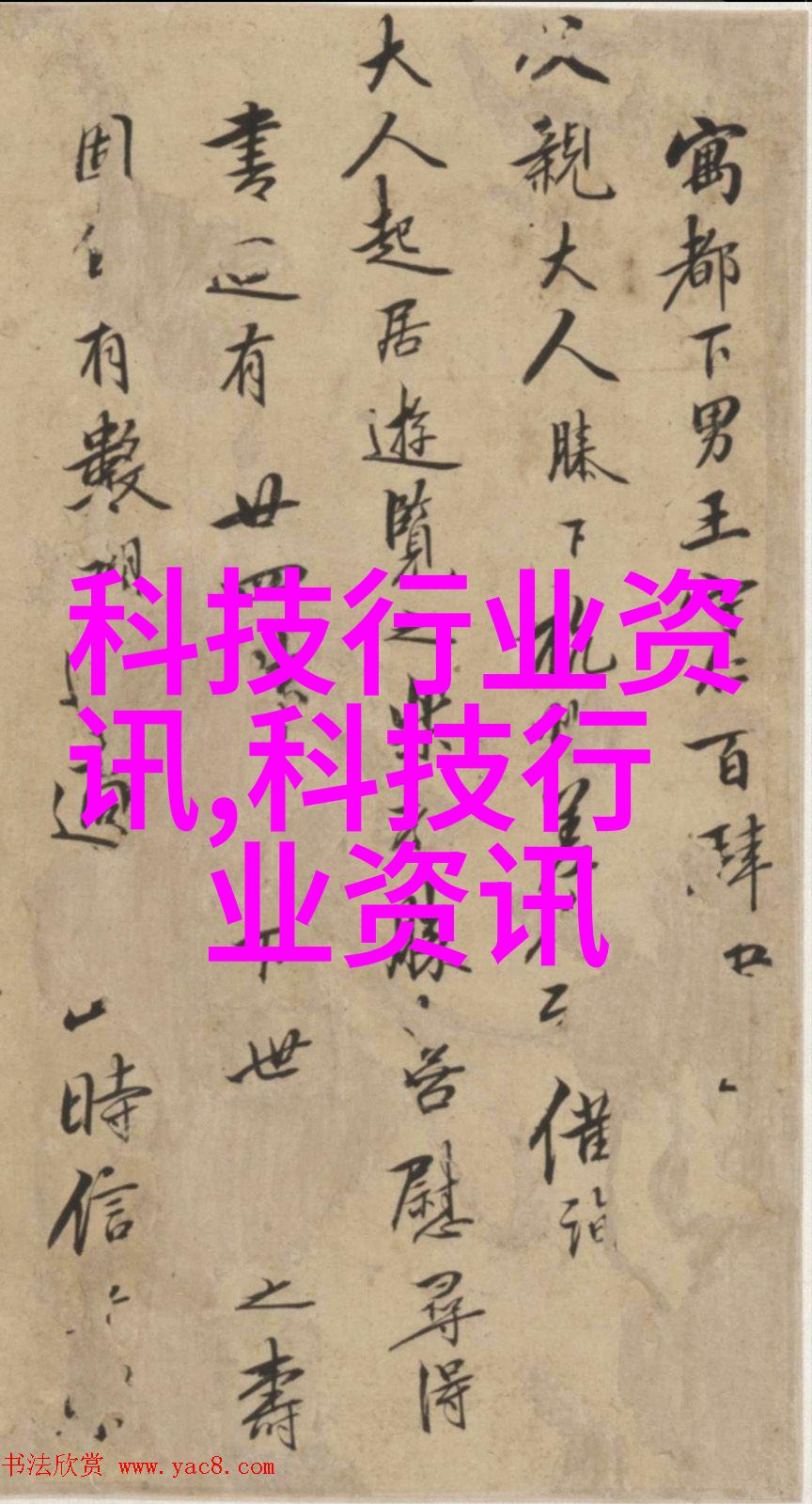EDI纯水设备系统,通过精确的电化学再生技术,将传统混合离子交换技术(MB-DI)中的不足之处一一弥补,实现稳定高纯度的去离子水生产。相比于混合离子交换技术,EDI纯水设备在以下方面展现出明显优势:①输出的去离子水质量极为稳定;②操作方式简便,便于实现全自动化控制;③不受再生周期限制,无需停机维护;④减少了对化学再生的依赖性;⑤降低了运行成本和能源消耗;⑥占地面积更小,更适合现代化工厂布局;⑦最重要的是,不产生任何污染物排放。

ED pure water device system, through the precise electrochemical regeneration technology, fills up the shortcomings of traditional mixed-bed ion exchange technology (MB-DI) and realizes stable high-purity deionized water production. Compared to mixed-bed ion exchange technology, ED pure water device system exhibits obvious advantages in the following aspects: ① The output deionized water quality is extremely stable; ② The operation mode is simple, conducive to fully automatic control; ③ Not limited by regeneration cycles, no need for shutdown maintenance; ④ Reduces dependence on chemical regeneration; ⑤ Lowers running costs and energy consumption; ⑥ Occupies less space, more suitable for modern industrial factory layout; and most importantly, it does not produce any pollutant emissions.
The development history of high-pure water equipment technology can be divided into three stages:

Stage One: Pre-treatment → Activated Carbon → Resin Bed
Stage Two: Pre-treatment → Reverse Osmosis → Resin Bed

Stage Three: Pre-treatment → Reverse Osmosis → ED Device
Pure Water Equipment Technology using Reverse Osmosis (RO) method has been a widely used technique that separates ions from water. Although RO systems remove approximately 95-98% of ions from the feedwater, they still cannot meet the requirements of industrial production. Therefore, subsequent processes must use ion exchange devices. In recent decades since RO systems have become common practice in producing high-purity water.

In addition to these methods mentioned above there are some new technologies like Electrodeionization (EDI), which is a membrane-based process that uses electrodes as an additional tool to improve its effectiveness over traditional techniques such as reverse osmosis or activated carbon filtration alone without needing chemicals at all during its operational cycle period due mainly because it works with just electricity instead!